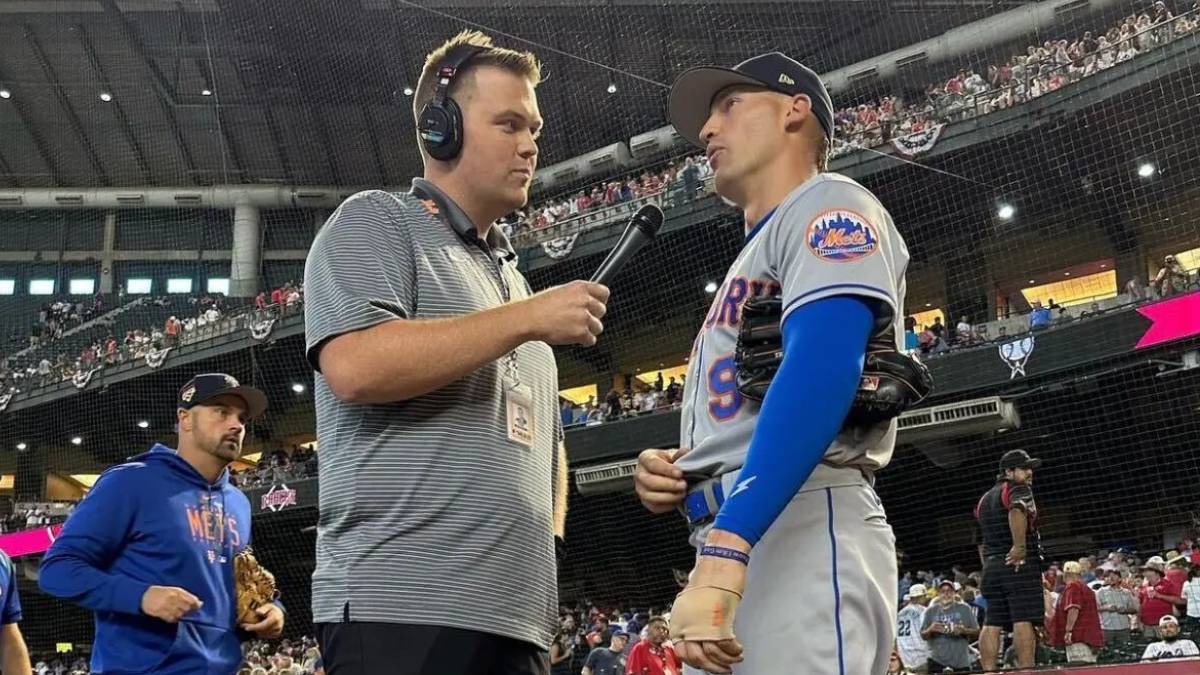As the regional sports network (RSN) model faces inherent change, there are questions about how fans will be able to access live and local sports content. In today’s marketplace, there are several RSNs that are owned by independent companies – most notably those from Diamond Sports Group. The company is currently within an exclusivity period to try and restructure its more than $8 billion in debt to emerge from Ch. 11 bankruptcy. As these proceedings continue to linger, Major League Baseball, the National Basketball Association and National Hockey League are trying to remain prepared in the scenario that the company ultimately fails to come to a resolution with its creditors.
There are also several regional sports networks owned by the teams themselves, including YES Network, Altitude Sports Network, NESN and Monumental Sports Network among others. Even so, DIRECTV Chief Content Officer Rob Thun feels that there is a sense of uneasiness among teams utilizing traditional RSNs to distribute their games as it pertains to future carriage.
“I think all of them are nervous that, ‘What happens if our deal is up, and if the RSN business is taking a drastically different course, are pay TV providers going to want to plug those RSNs into their programming lineups?,’” Thun said during an appearance on The Marchand and Ourand Sports Media Podcast this week. “DIRECTV obviously has a long history of being a leader in sports programming, and we don’t intend to deviate from that, but there are going to be exceptions as broadcasters step into the fray and try to opportunistically take these rights where we have technical limitations.”
In being a satellite television service, DIRECTV does not have unlimited bandwidth and is thus not able to carry every digital multicast. The satellites simply do not allow for these capabilities, part of the advantages inherent with internet TV, a space in which the company also has involvement.
“There are going to be some changes to the whole marketplace,” Thun said, “and we’re as anxious as everybody else to see how these play out because they plug into our overall strategy of leading in sports.”
Essentially, the company could be moving from an instance where it had been paying several regional sports networks because of the breadth of sports rights to having to pay retransmission consent fees to local broadcast channels picking up those rights. The Vegas Golden Knights and Arizona Coyotes recently inked deals with Scripps Sports to be broadcast on over-the-air television, while the Phoenix Suns and Phoenix Mercury are working with Gray Television and also have a direct-to-consumer solution.
The Utah Jazz made the return to over-the-air television and recently reached distribution deals that will reach 3 million additional fans in the region, expanding the presence of their games and reach of potential fandom. Even so, Thun does not feel the broadcast model will be a panacea or “silver bullet” for answers in coming to a solution.
“Why we even got here with Diamond Sports and RSNs in general is because the model is broken,” Thun said. “The rights just kept going up and up and up, and the actual viewership or the demand for these local sports – while there are some that engage very heavily in watching their local team, the lion’s share of people do not watch RSNs, at least on our dial, and I think it’s fairly common across all the other distributors. It’s the same concern that the prices didn’t match the viewership, and so we are overpaying for these rights and they need to be re-rationalized.”
Dish TV moved out of the regional sports network when it dropped the FOX Sports-branded group of networks in 2019, which started a three-year process of ultimately removing all such channels from its service. Brian Neylon, the group president of the outlet, called the model “fundamentally broken” and did not foresee the company entering the business again.
“I think we’re going to see a replay of this down the road because the broadcast stations are also too expensive, and they’ve been asking for crazy increases over the years,” Thun said. “We’re hitting a point where, ‘Do the broadcast channels make sense?'”









